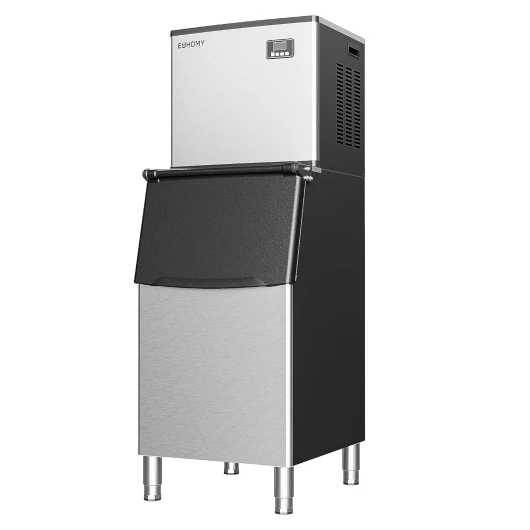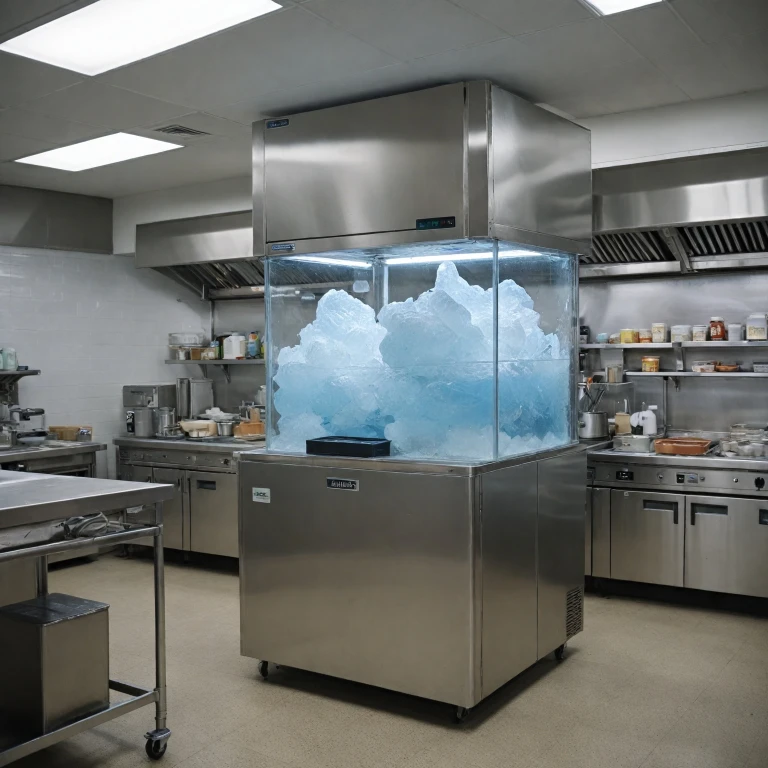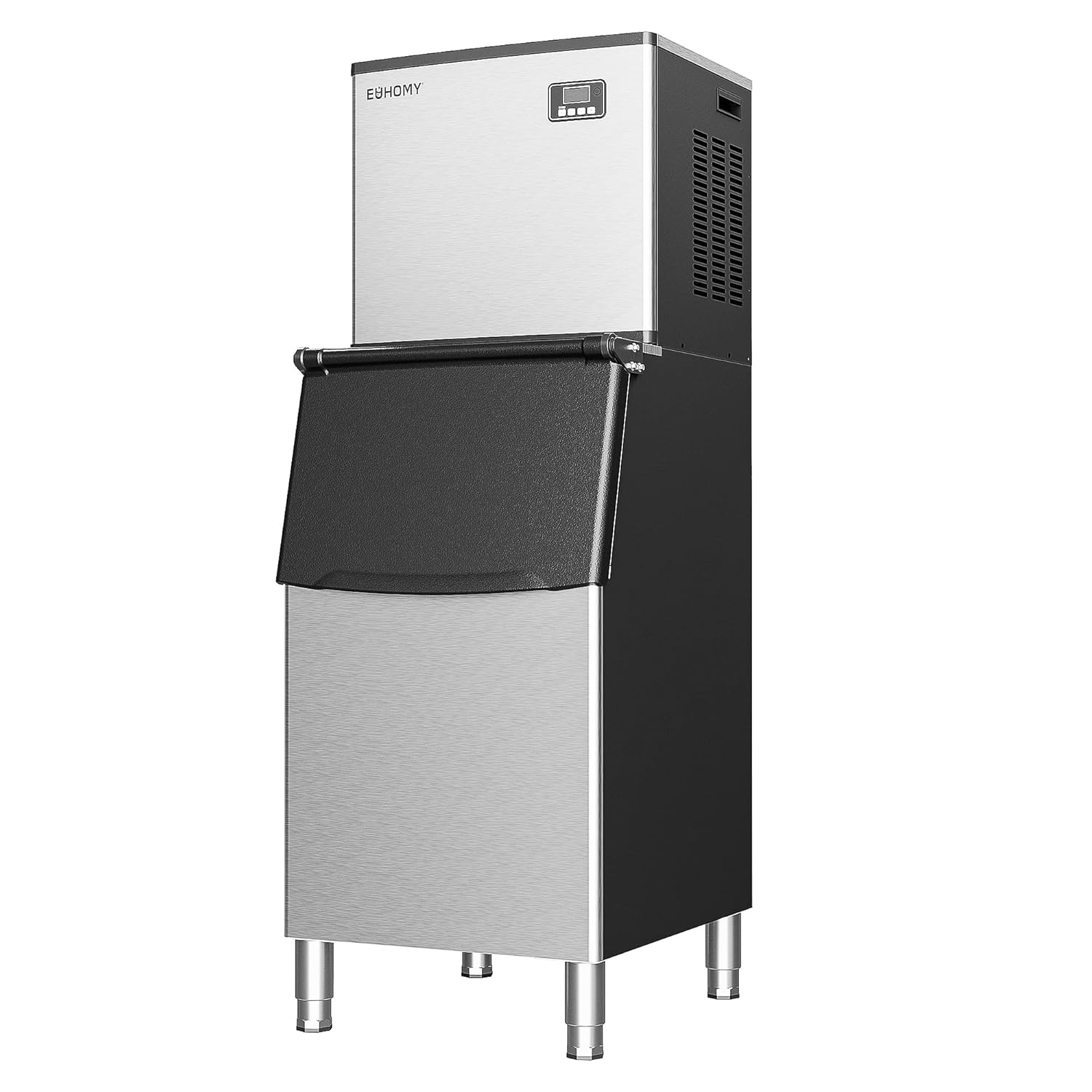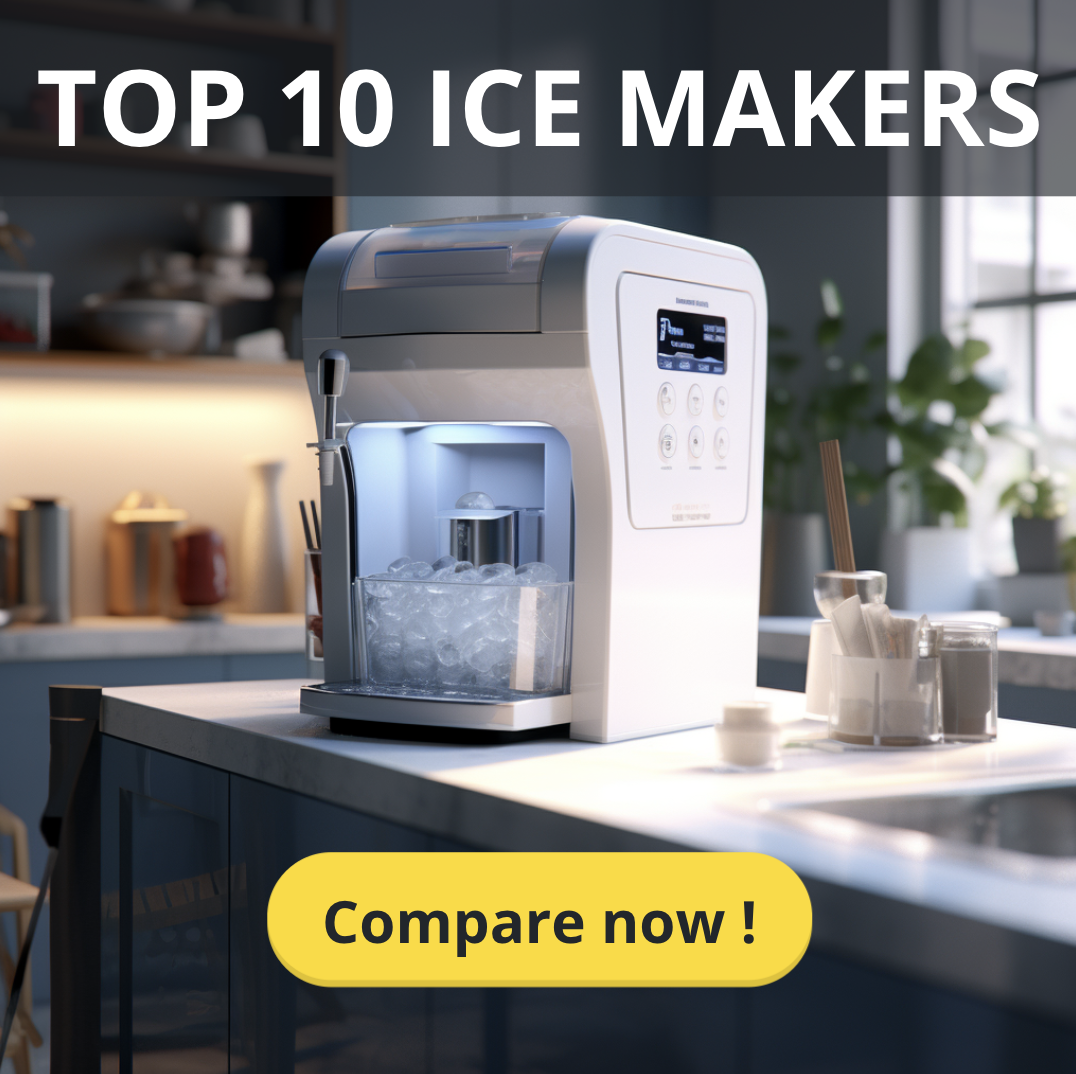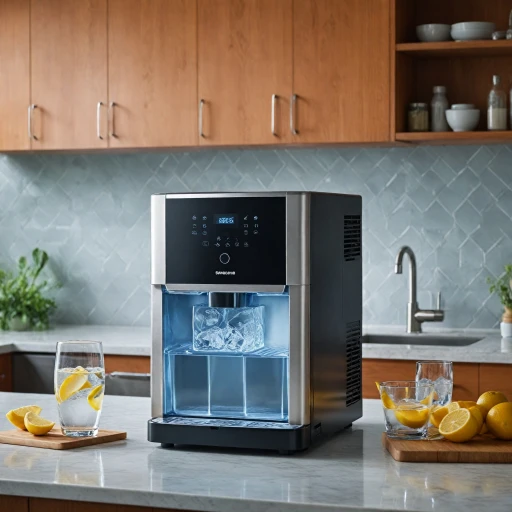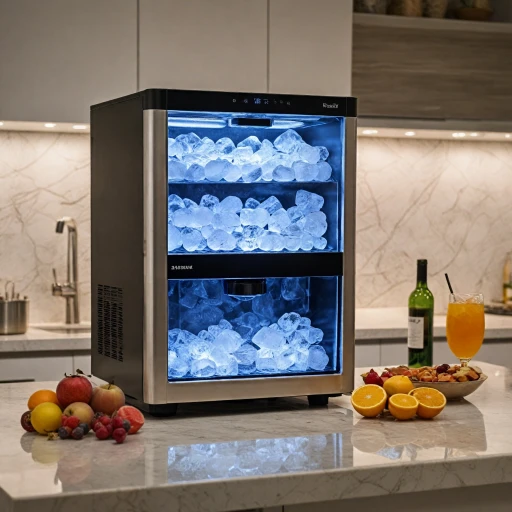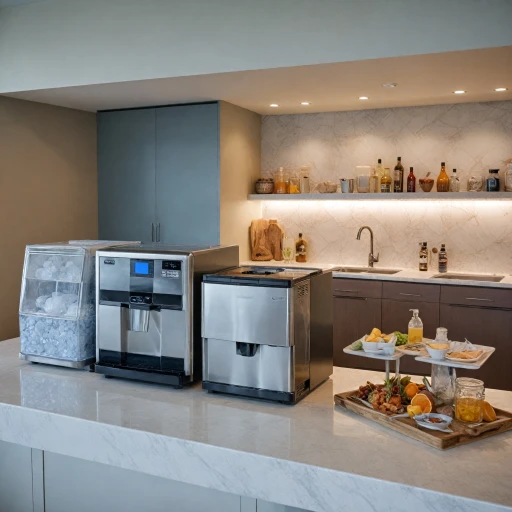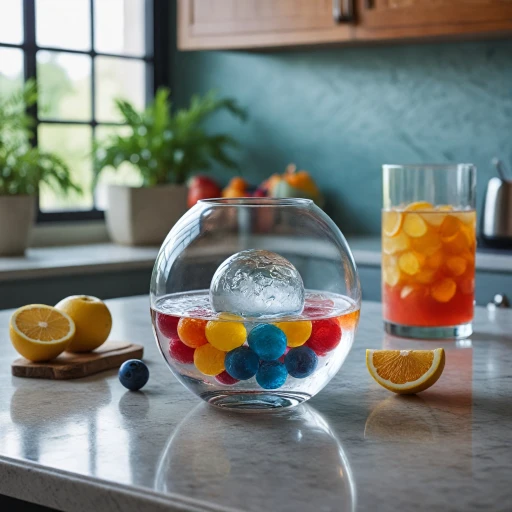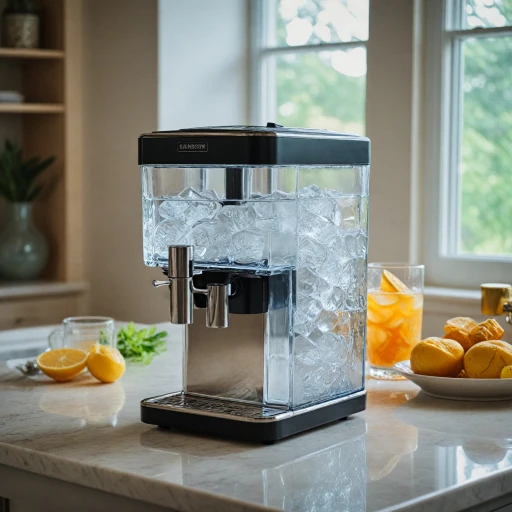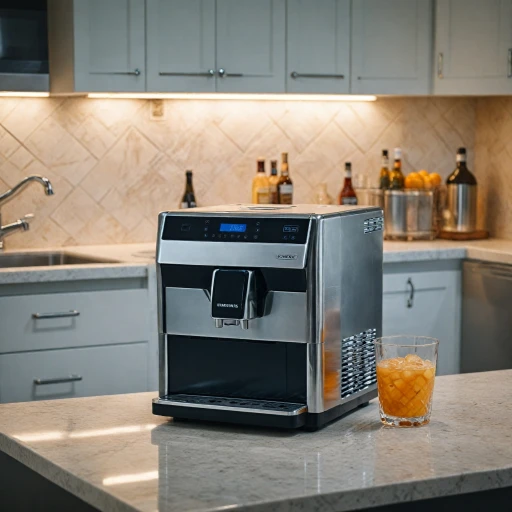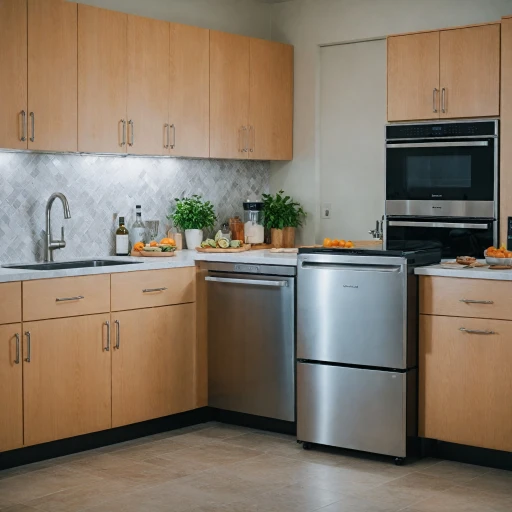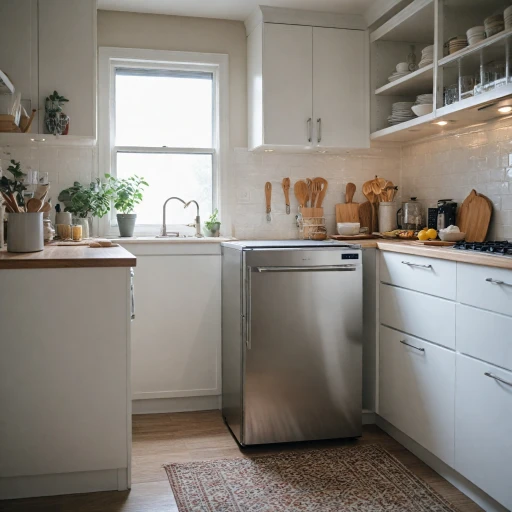
Understanding Your Ice Production Needs
Evaluating Your Ice Requirements
Before diving into the world of ice machines, it is crucial to assess the specific ice requirements of your business. Commercial settings vary significantly, from restaurants to healthcare facilities, each with unique needs for ice production and storage. Understanding these demands will provide a solid foundation for selecting the optimal commercial ice maker.
Factors such as daily volume, peak times, and specific type of ice cubes needed, like nugget ice or cube ice, play a role in your decision. For instance, a bustling cafe might need continuous production of smaller ice cubes, while a hospital could require a mix of sizes for different applications.
Additionally, consider the importance of storage bin capacity. An ice maker machine capable of generating substantial amounts might fall short if the ice storage can't accommodate the excess. Assess if a solution offering fast ice water turnaround aligns with your services, ensuring seamless operation.
Make sure to factor in the potential for future growth in your business, which could affect your ice needs in the long term. A reputable resource for more information is in our guide about choosing the perfect ice machine tailored to your specific work environment. This will ensure sustained efficiency and adaptability as your operations expand.
Types of Industrial Ice Makers
Diverse Ice Machines Tailored for Different Needs
To ensure that your business runs smoothly, selecting the right type of industrial ice maker is crucial. Commercial ice machines come in various forms, each designed to cater to specific needs and operational environments. Understanding these types can significantly influence your decision-making process.
One popular option is the cube ice machine, which produces the traditional square shapes that are versatile and suitable for a wide array of uses, from beverages to bulk cooling. For businesses where the aesthetics and chewability of ice are important, nugget ice machines offer an attractive choice with their unique, softer texture.
Consider the efficiency and cooling method of your ice machine. An air cooled ice maker can be an excellent choice for many businesses, efficiently using ambient air to cool the system. However, if you're situated in a space-constrained or hot environment, water-cooled options might be more effective.
Specialized Needs Call for Specific Solutions
If you require a continuous supply of ice, a commercial ice maker with a robust design and large bin stainless steel could be ideal, as these machines often offer higher lbs storage capacity. Certain models also come with built-in storage bins to hold the ice until it is needed, ensuring you have a ready supply at all times.
For high-capacity needs, look into units designed with ice storage solutions that can handle substantial demands, potentially saving costs by reducing the frequency of ice deliveries. This is particularly important for businesses that rely on large quantities of ice, such as those in the hospitality or healthcare sectors.
In navigating these options, being well-informed about the various types of ice machines available can make a significant difference. Discover more about making the right choice by reading about finding the perfect ice vending machine nearby tailored to your business needs.
Key Features to Look For
Essentials to Examine Before Purchase
When investigating the ideal industrial ice machine for your business, certain pivotal features should be scrutinized to ensure optimum efficiency and value. This checklist can help elevate your selection process, leading to an informed purchase decision.- Ice Production Capacity: Identify the amount of ice your business requires daily. Look for a commercial ice maker that confidently meets your production needs with product specifications, like 'machine lbs' indicating the output capacity.
- Ice Type Preference: Consider the variety of cube shapes and sizes available. Whether you prefer cube ice, nugget ice, or traditional ice cubes, matching the ice type with your business’s requirements is crucial for customer satisfaction.
- Cooling System: Choose between air-cooled and water-cooled machines.
- Air-cooled units are generally more energy-efficient and less expensive but require proper ventilation.
- Water-cooled units operate efficiently in high-temperature environments but consume more water.
Installation and Space Considerations
Considering the Installation Space and Requirements
When it comes to selecting the perfect commercial ice maker for your business, installation and space considerations play a crucial role. First, assess the available space in your facility to ensure optimal placement of the ice machine. Whether you choose an air-cooled or water-cooled unit, you need to consider proper ventilation to prevent overheating.
If space is limited, a compact ice maker machine made from stainless steel could be an excellent solution. Stainless steel not only provides durability but also complements the aesthetic of your business. Make sure you have enough space for the machine’s water and drainage connections, as seamless connections are vital for your ice production.
The type of floor on which your commercial ice maker will be installed also needs consideration. A level surface is essential for stability, and you should ensure there’s enough space around the machine for air intake if you've opted for an air-cooled model. Pay attention to the machine's dimensions, including its storage bin capacity in lbs, to ensure it suits your specified storage needs without occupying excessive space.
- Plan for adequate ventilation and water hookups.
- Consider the space for air-cooled vs. water-cooled options.
- Ensure the stability and leveling of the ice machine on the floor.
- Allocate space for the storage bin and check its lbs storage capacity.
Remember that installing your ice maker near a water source and near accessible service points can facilitate easier maintenance and service over the ice maker’s lifespan. A well-thought-out installation not only optimizes your business operations but also enhances the overall longevity and efficiency of your ice machines.
Maintenance and Longevity
Ensuring Optimal Performance and Longevity
Maintaining your ice maker's efficiency is crucial for its performance and longevity. Regular maintenance tasks should not be overlooked, as they help preserve the machine's functionality, prevent breakdowns, and extend its useful life. Here's what you need to consider:- Regular Cleaning: Keeping your commercial ice maker clean is vital. Regular cleaning prevents the build-up of lime scale and ensures that ice cubes remain clean and free from unpleasant tastes or odors. Ensure to clean all parts that come in contact with water, such as the storage bin and ice cube trays.
- Water Filter Replacement: If your machine uses a water filter, replacing it as recommended by the manufacturer is crucial. This helps maintain water quality and prevents deposits that can impact the machine's operation.
- Check the Airflow: Air cooled ice machines require proper ventilation to operate efficiently. Check that the air vents are not obstructed to avoid overheating, which can affect the ice production rate and energy usage.
- Professional Servicing: Engage professional service for routine maintenance checks. This ensures that all components, including the stainless steel housing and internal mechanisms, are functioning correctly. Professional service can help spot potential issues before they become costly repairs.
- Monitor Ice Production: Regularly monitor the machine's ice production to ensure it's meeting the desired capacity. If you notice a decline in production or size of ice cubes, it might indicate a need for maintenance.
Budgeting and Cost Analysis
Financial Planning for Your Ice Equipment
When investing in commercial ice machines, it's essential to carefully consider the budget implications. A comprehensive cost analysis can help ensure you make a financially sound decision without sacrificing quality or essential features.
- Initial Purchase Costs: The price of an ice maker can vary depending on the type and capacity. Air cooled machines, for example, might differ in cost compared to water cooled options. Stainless steel commercial ice makers often come with a regular price premium due to their durability and aesthetic appeal.
- Operational Expenses: Consider the ongoing costs associated with the ice machine, such as energy consumption and water usage. Opting for an energy star rated product might offer savings on utility bills.
- Maintenance Costs: As discussed in previous sections, maintenance is crucial for ensuring the longevity of your ice maker. Factor in the costs for regular service and potential repairs. Machines constructed from durable materials like stainless steel may incur less frequent repairs, contributing to cost savings over time.
- Storage and Capacity: The storage bin size should align with your business needs. A unit with a larger lbs storage can serve greater demands but might come at a higher price point. Evaluate your ice storage requirements carefully.
- Warranty and Service Plans: Evaluate the warranty coverage and consider investing in extended service plans for peace of mind and to protect against unforeseen expenses.
By aligning your financial strategy with your ice production requirements and the key features needed, you can ensure a smart investment in a commercial ice maker that effectively supports your business goals.

